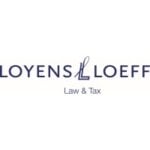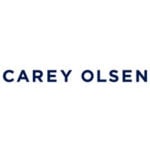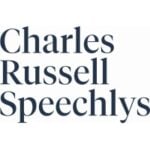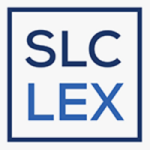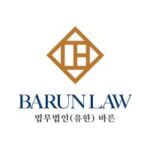-
Which factors bring an individual within the scope of tax on income and capital gains?
-
What are the taxes and rates of tax to which an individual is subject in respect of income and capital gains and, in relation to those taxes, when does the tax year start and end, and when must tax returns be submitted and tax paid?
-
Does your jurisdiction provide advantageous tax regimes for individuals directly investing in or holding certain types of assets from an income tax or capital gains tax perspective?
-
Are withholding taxes relevant to individuals and, if so, how, in what circumstances and at what rates do they apply?
-
How does the jurisdiction approach the elimination of double taxation for individuals who would otherwise be taxed in the jurisdiction and in another jurisdiction?
-
Is there a wealth tax and, if so, which factors bring an individual within the scope of that tax, at what rate or rates is it charged, and when must tax returns be submitted and tax paid?
-
Is tax charged on death or on gifts by individuals and, if so, which factors cause the tax to apply, when must a tax return be submitted, and at what rate, by whom and when must the tax be paid?
-
Are tax reliefs available on gifts (either during the donor’s lifetime or on death) to a spouse, civil partner, or to any other relation, or of particular kinds of assets (eg business or agricultural assets), and how do any such reliefs apply?
-
Do the tax laws encourage gifts (either during the donor’s lifetime or on death) to a charity, public foundation or similar entity, and how do the relevant tax rules apply?
-
How is real property situated in the jurisdiction taxed, in particular where it is owned by an individual who has no connection with the jurisdiction other than ownership of property there?
-
Does your jurisdiction have any specific rules in relation to the taxation of digital assets?
-
Are taxes other than those described above imposed on individuals and, if so, how do they apply?
-
Does your jurisdiction provide advantageous special tax regimes for individuals from a wealth tax, inheritance/estate tax or gift tax perspective?
-
What steps might an individual be advised to consider before establishing residence in (or becoming otherwise connected for tax purposes with) the jurisdiction?
-
Once an individual has left (and is no longer connected for tax purposes with) the jurisdiction, does the jurisdiction charge any form of exit tax or retain taxing rights over the individual's directly held assets or structures which they created or have an interest in?
-
What are the main rules of succession, and what are the scope and effect of any rules of forced heirship? Do any forced heirship rules apply automatically, or is it necessary for heirs to bring claims to enforce their rights?
-
Is there a special regime for matrimonial property or the property of a civil partnership, and how does that regime affect succession?
-
What factors cause the succession law of the jurisdiction to apply on the death of an individual?
-
How does the jurisdiction deal with conflict between its succession laws and those of another jurisdiction with which the deceased was connected or in which the deceased owned property?
-
In what circumstances should an individual make a Will, what are the consequences of dying without having made a Will, and what are the formal requirements for making a Will?
-
How is the estate of a deceased individual administered and who is responsible for collecting in assets, paying debts, and distributing to beneficiaries?
-
Do the laws of your jurisdiction allow individuals to create trusts, private foundations, family companies, family partnerships or similar structures to hold, administer and regulate succession to private family wealth and, if so, which structures are most commonly or advantageously used?
-
How are these structures constituted and what are the main rules that govern them?
-
What are the registration requirements for these structures and what information needs to be made available to the relevant authorities? To what extent is that information publicly available?
-
How are such structures and their settlors, founders, trustees, directors and beneficiaries treated for tax purposes?
-
Are foreign trusts, private foundations, etc recognised?
-
How are such foreign structures and their settlors, founders, trustees, directors and beneficiaries treated for tax purposes?
-
To what extent can trusts, private foundations, etc be used to shelter assets from the creditors of a settlor or beneficiary of the structure?
-
What provision can be made to hold and manage assets for minor children and grandchildren?
-
Are individuals advised to create documents or take other steps in view of their possible mental incapacity and, if so, what are the main features of the advisable arrangements?
-
What forms of charitable trust, charitable company, or philanthropic foundation are commonly established by individuals, and how is this done?
-
What is the jurisdiction's approach to information sharing with other jurisdictions?
-
What important legislative changes do you anticipate so far as they affect your advice to private clients?
Switzerland: Private Client
This country-specific Q&A provides an overview of Private Client laws and regulations applicable in Switzerland.


